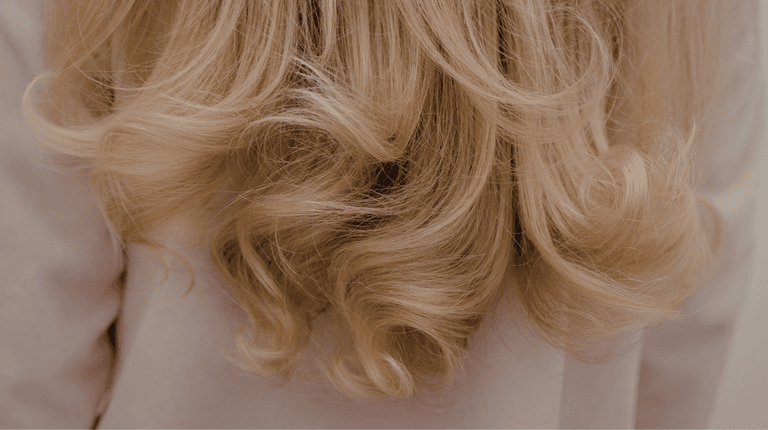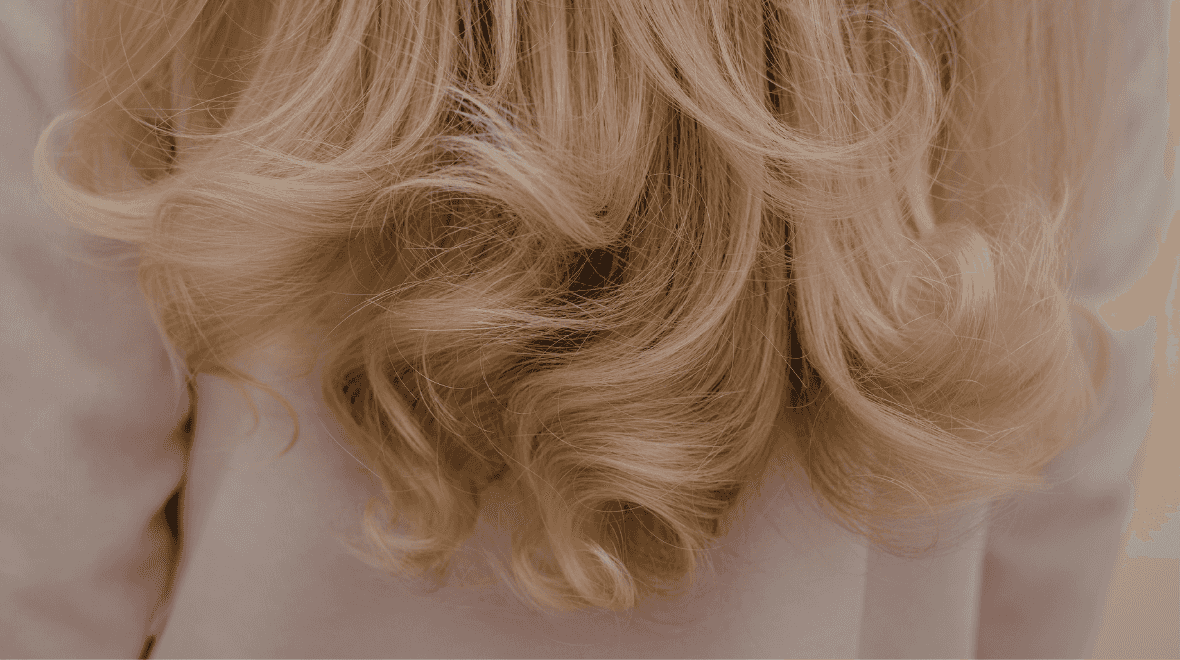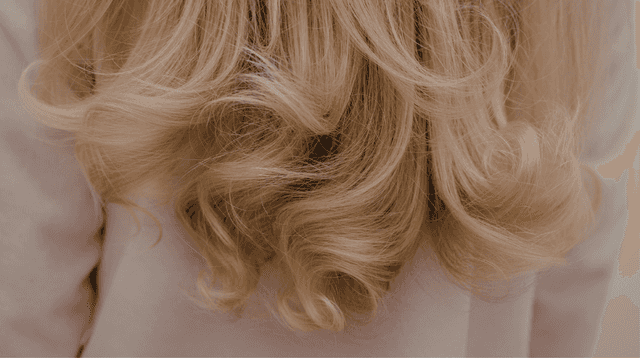We've been told we need our beauty sleep in order for our skin to look its best...
Which makes it all the more frustrating when we do manage to get our eight hours, but still wake up with redness and irritation.
If this is you, you are pretty much allergic to sleep - but it's not as scary as it sounds.
Experts at
La Roche Posay explain:
"During the day, skin is exposed to all kinds of harmful pollutants such as everyday pollution, UV, smoking, alcohol, and stress.
"To defend against these, cells produce antioxidant enzymes and molecules such as vitamins A, C and E."

However, for weaker or more sensitive skins, this natural recovery process is not enough. The skin produces histamines (the same little guys produced during an allergic reaction) in order to fight back against these aggressors.
But here's the catch, in order to wake us up, our cells receive the command to produce histamine, which coupled with the histamines already in our system, can trigger disaster for the skin.
"This leads to a full scale inflammatory cascade during the night at the site of histamine release: redness appears and the skin feels hot or itchy. The result? When women wake, irritation is more apparent than ever. Skin has simply had no respite."
In order to combat this reaction, look out for the anti-oxidant ingredients carnosine and neurosensine, which are both anti-irritants and will work to counteract these ill effects.
"Neurosensine targets hypersensitive and inflamed skin, working to counteract aggressors. It is identical to that of natural substances already secreted by the body and it is able to help the skin stimulate the release of messengers that work against inflammatory aggressors like a presence of too much histamine."














